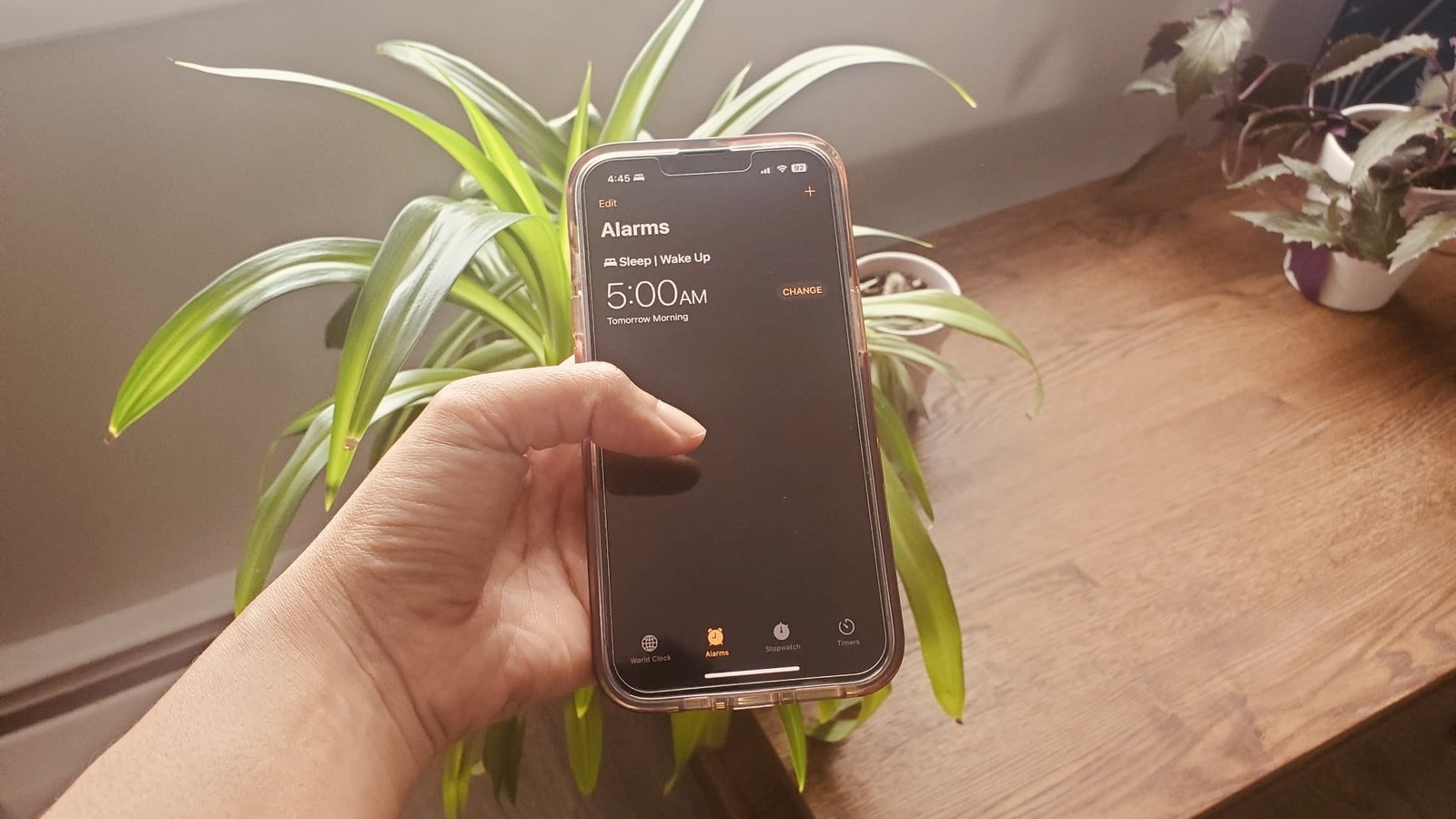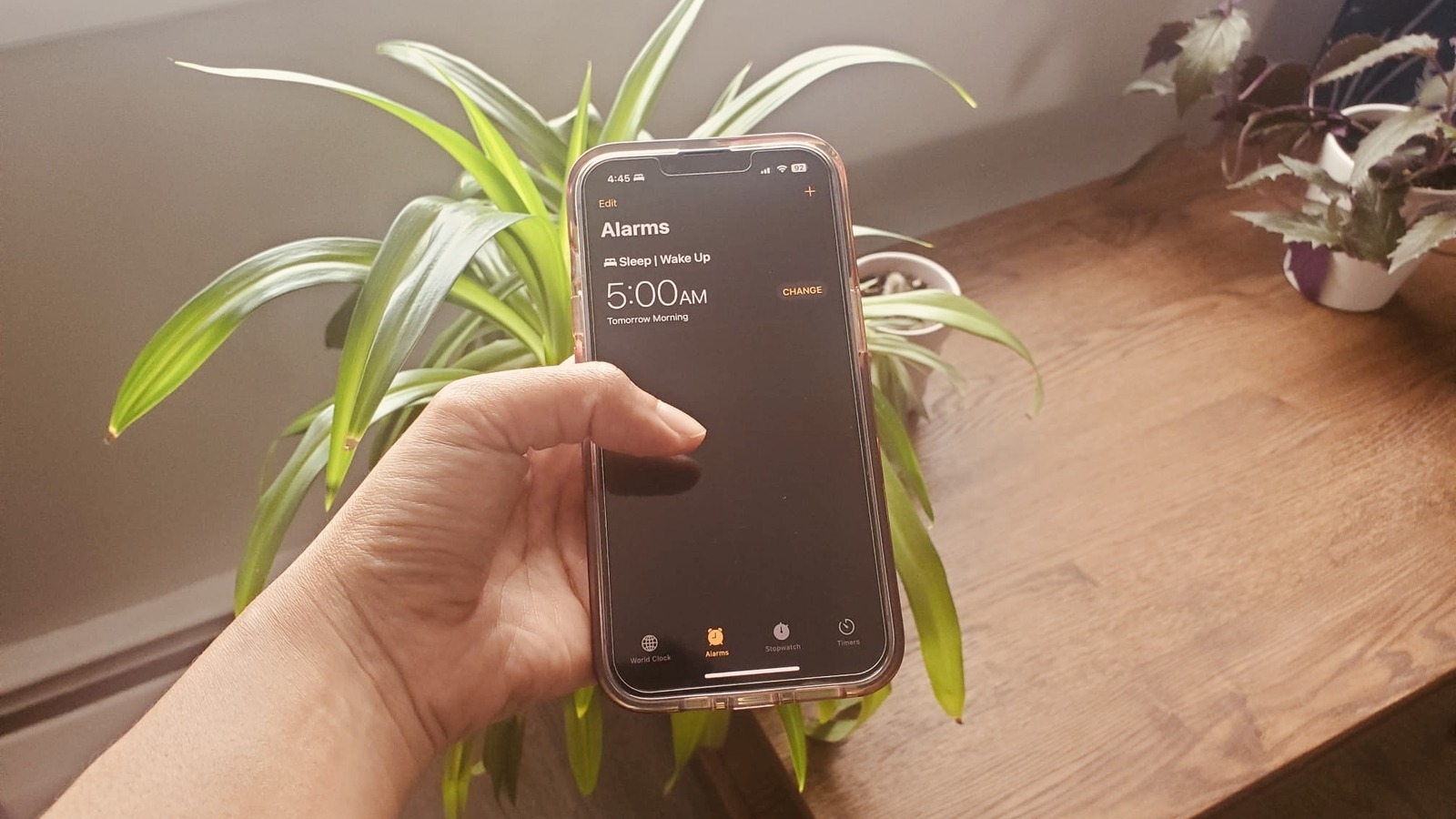
We Tried ‘The 5 AM Club’ Morning Routine For A Week. Here’s How It Went. – Health Digest

Taking in information on the two courses I’m currently following was far easier (and much more pleasant) at the crack of dawn. My mind wasn’t distracted, the quiet certainly helped, and I came away feeling like I’d learned a lot within just 20 minutes. Perhaps this is why people who study in the morning allude that your mind is sharper and more focused in the wee hours. However, experts seem divided on the topic.
Whether you learn best at night or at dawn might depend on your genes and circadian cycle, according to some science. More specifically, your chronotype might dictate whether you’re a night owl or a lark. Proponents of late-night studying say that ingesting information before bed and giving yourself time to rest shortly thereafter can help the information stick better. In fact, a 2012 study published in PLOS ONE looked into exactly that. However, there’s also 2019 research published in the journal Sleep that points toward lower resting brain connectivity in night owls. This typically means poorer attention, slower reactions, and increased sleepiness throughout the day.
And then there are others, like sleep doctor Dr. Michael Breus, who recommend that you fit learning something new into the pockets of 10:00 a.m. to 2:00 p.m. and again between 4:00 p.m. and 10:00 p.m. when your brain is in acquisition mode (via Inc.). Perhaps, you are the best judge of habits that are actually hurting your brain and can see what time of day is most effective for you.


